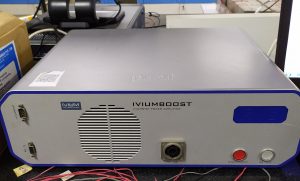Equipment Title
Specifications
Description
Scanning Electron Microscopy
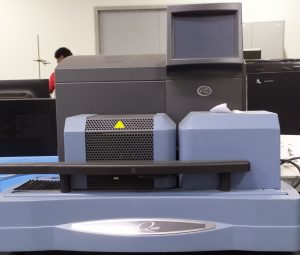
- For surface of materials characterization
- A scanning electron microscope (SEM) is a type of electron microscope that produces images of a sample by scanning the surface with a focused beam of electrons.
- The electrons interact with atoms in the sample, producing various signals that contain information about the surface topography and composition of the sample.
Rheometer
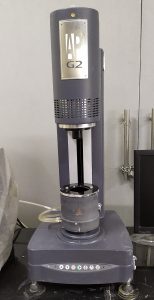
- Rheometer is used to measure the way in which a liquid, suspension or slurry flows in response to applied forces
- It is used for those fluids which cannot be defined by a single value of viscosity and therefore require more parameters to be set and measured than is the case for a viscometer.
X Ray Fluoroscence Spectrophotometer (XRF)
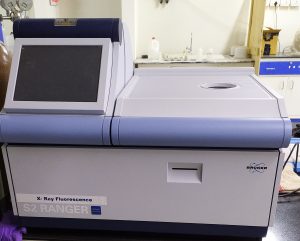
- X-ray fluorescence (XRF) is an analytical technique that can be used to determine the chemical composition of a wide variety of sample types including solids, liquids, slurries and loose powders.
- X-ray fluorescence is also used to determine the thickness and composition of layers and coatings
X Ray Powder Diffraction
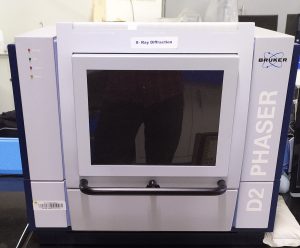
- X-ray powder diffraction (XRD) is a rapid analytical technique primarily used for phase identification of a crystalline material and can provide information on unit cell dimensions.
- The analyzed material is finely ground, homogenized, and average bulk composition is determined.
Mercury Intrusion Porosimeter
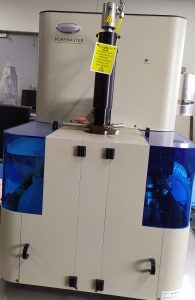
- Mercury intrusion porosimetry (MIP) is a technique that determines the percentage of open pores between 0.006 and 360μm together with the pore entrance size distribution, and also gives information on pore shape and tortuosity.
Thermo Cube
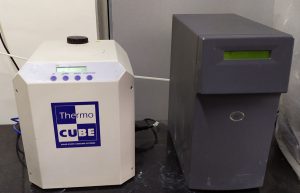
Digital Phosphor Oscilloscope
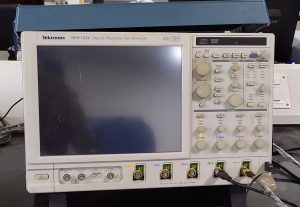
Calorimeter
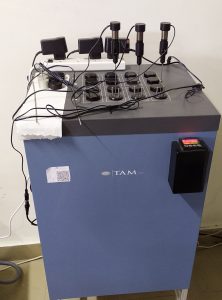
Amplifier
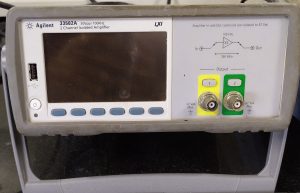
Data Acquisition Instrument
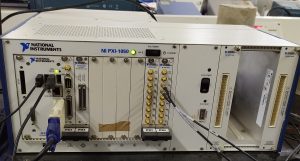
pH Meter
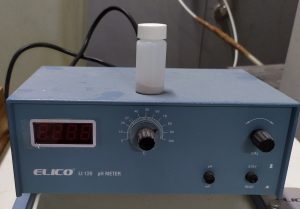
Impedance Analyser
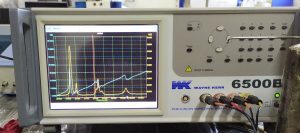
Square Wave Pulse Reciever
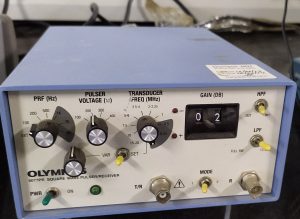
Weighing Balance
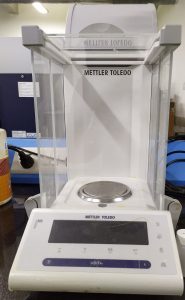
Weighing Balance-for materials
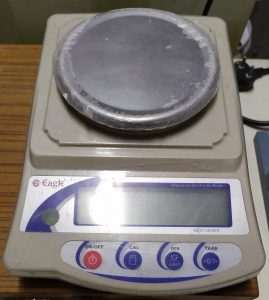
Concrete Moulds
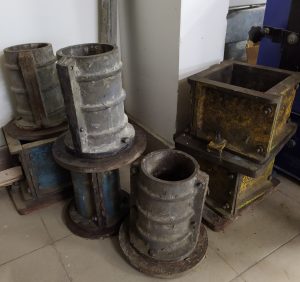
Wire Mesh Sieves
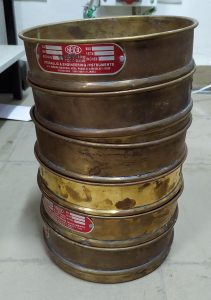
De-Ionized Water Machine
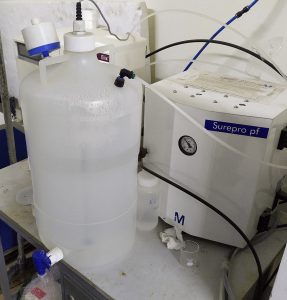
Muffle Furnace
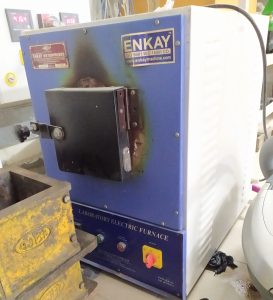
Modern Lab
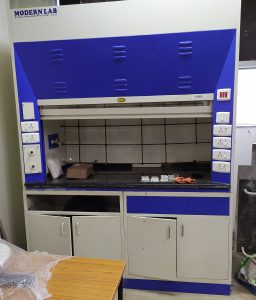
Vcat Apparatus
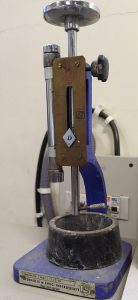
Power Amplifier
